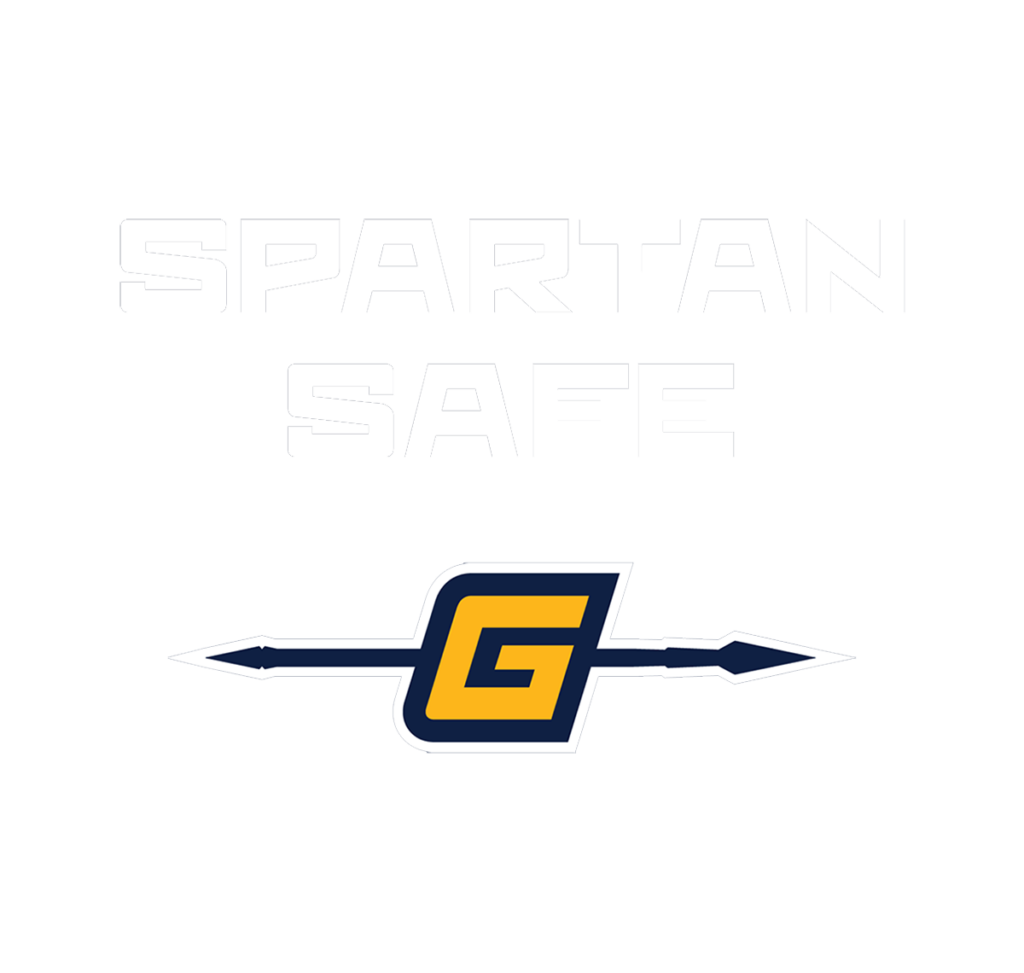Spartan Safe
Spartan Alert Message

Help Keep Every Spartan Safe!
Emergencies can happen without warning. Do your part to stay Spartan Safe.
UNCG’s Spartan Safe Initiative and Mobile Safety App puts the power to Stay Informed, Stay Prepared, and Take Action in the palm of your hand. Download the Spartan Safe App and be ready for future emergencies.

Stay Informed
Knowledge of an ongoing emergency and the resources available to you are central components of preparedness. Just as situational awareness encourages you to be aware of your surroundings, to be informed encourages you to be aware of the University’s communication methods, how they are distributed, and what type of information you will receive.

Stay Prepared
Spartan Safe is your one-stop-shop for emergency contacts, resources, and personalized emergency plans. Emergencies can happen anywhere. It is important to be prepared at work, school and home. While at work or in class, the University has many notification systems to alert you to a dangerous situation, and emergency plans to respond to urgent situations on campus. But how will you respond? How will you respond at home?

Take Action
An emergency can occur anytime and anywhere. UNCG’s safety professionals do their best to keep everyone safe, but safety is a team effort. Familiarize yourself with the emergency procedures and how you can be prepared to take action should these events occur. Together we are Spartan Safe!
Notice of Availability of the UNCG Annual Security and Fire Safety Report to Current and Prospective Students and Employees
At UNC Greensboro, we place the highest priority on the safety and security of our students and our campus community. We are committed to creating an environment of trust and transparency while providing effective, compassionate, professional services and support to our students, faculty and staff whenever they are in need.
In this context, we are sharing the Annual Security and Fire Safety Report (the Report) as required by the federal law known as the Jeanne Clery Disclosure of Campus Security Policy and Campus Crime Statistics Act (Clery Act).
The Report contains information regarding campus security and personal safety including topics such as: crime prevention, fire safety, university police law enforcement authority, crime reporting policies, disciplinary procedures and other matters of importance related to security and safety on the main campus, including the Union Campus building, and the Gateway University Research Park – South Campus. The Report also contains information about crime statistics for the previous calendar year and the two calendar years prior concerning reported crimes that occurred on campus; in certain off-campus buildings or property owned or controlled by UNCG; and on public property within, or immediately adjacent to and accessible from, the campus.
Sharing this report is essential to the safety of our campus because being informed can help make our students and our community better prepared. We believe this information can help students feel confident in the systems and people that are here to help them when they report a problem.
Please note that for some of the crime statistics, one alleged incident may result in multiple reports; reported incidents do not necessarily indicate events that resulted in any criminal charges or prosecution; and some reports are based on alleged incidents that were reported in 2021 but occurred in previous years.
The Report is available on the UNCG Clery Compliance website at go.uncg.edu/asfsr. Paper copies of the Report are available at the UNCG Police Department located at 1200 W. Gate City Blvd., Greensboro, NC, 27403. If you have questions about the Report or would like to request a copy be mailed to you, contact the Clery Compliance Officer by calling 336-334-5963 or emailing [email protected].